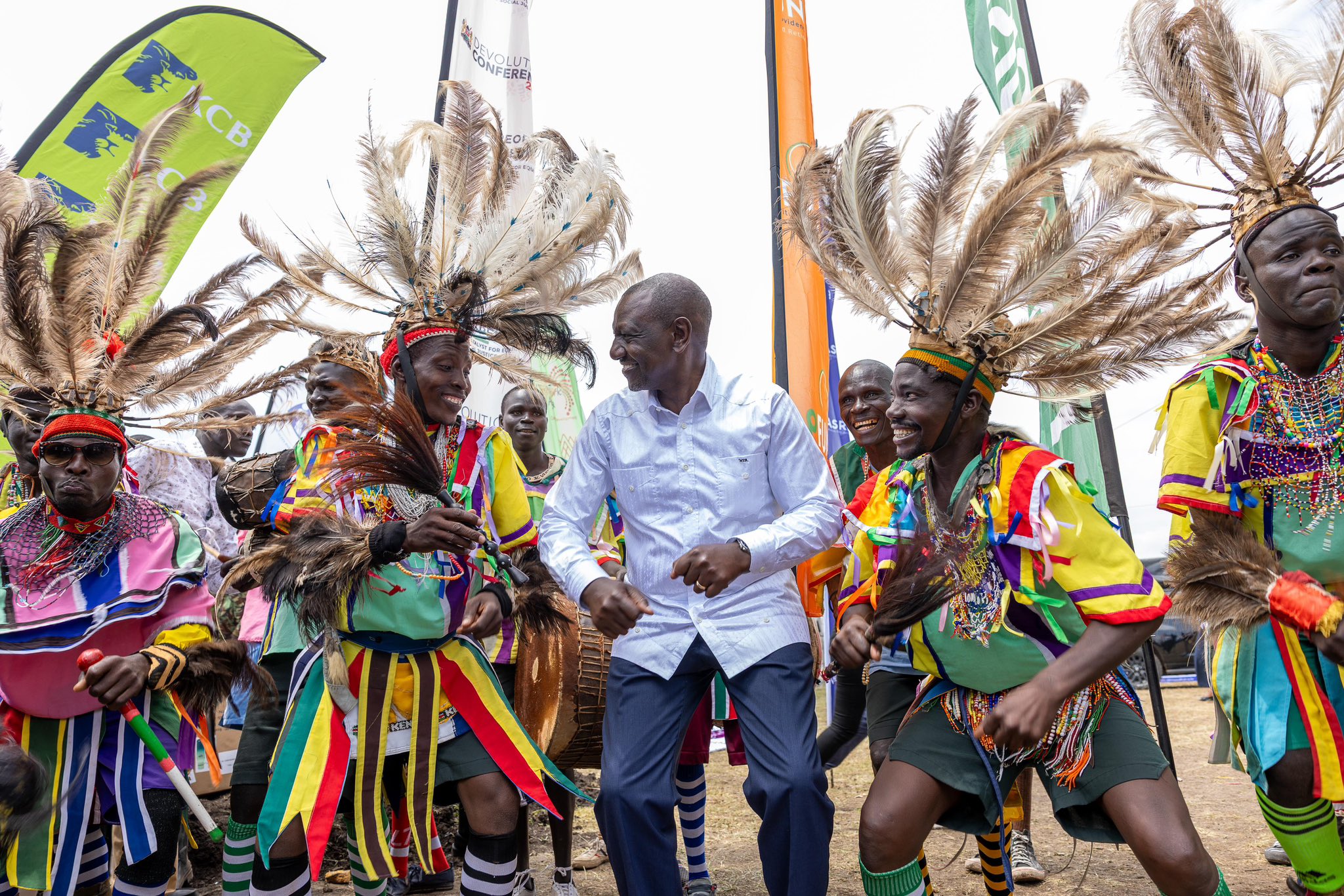
Ruto calls out MPs for turning oversight committees to extortion » Capital News
HOMA BAY, Kenya, Aug 14 – President William Ruto has castigated a section of Members of Parliament whom he claims have been demanding bribes to alter or ignore official reports.
The issue came up during the opening ceremony of the Devolution Conference in Homa Bay County, where the President singled out members of House Oversight Committees for allegedly using sessions to extort money from guests appearing to respond to audit or budgetary queries.
“Parliament must be called out. Something is going on in our Legislature that we must address. Money is being demanded from the Executive, governors, and ministers—especially those who appear before parliamentary committees for accountability,” said Ruto.
The President urged the Speakers of the National Assembly and the Senate to emphasise the need for transparency and accountability among Members of Parliament.
“Mr. Speaker, it cannot continue to be business as usual. It is unacceptable that parliamentary committees continue to demand bribes in order to write reports or to turn a blind eye to what is happening in the national or county governments,” Ruto declared.
The President’s remarks come amid heightened scrutiny of public institutions and growing concern over the integrity of oversight mechanisms in both the national and county governments.
“We are working hard to build a country where institutions function properly and where every arm of government plays its role with integrity,” he said.
“If we allow corruption to thrive within oversight bodies, then we undermine the very foundation of our democracy. It should not be possible for a committee of Parliament to demand payment to write reports or to look the other way,” he added.
President Ruto’s statement was triggered by Senate Speaker Amason Kingi, who expressed concern over rampant corruption and weak accountability systems in some counties.
“Regrettably, the failure by some governors to honour invitations by the Senate to account for the resources placed in their hands not only erodes the good working relationship within the devolution family but also undermines the promotion of accountability,”